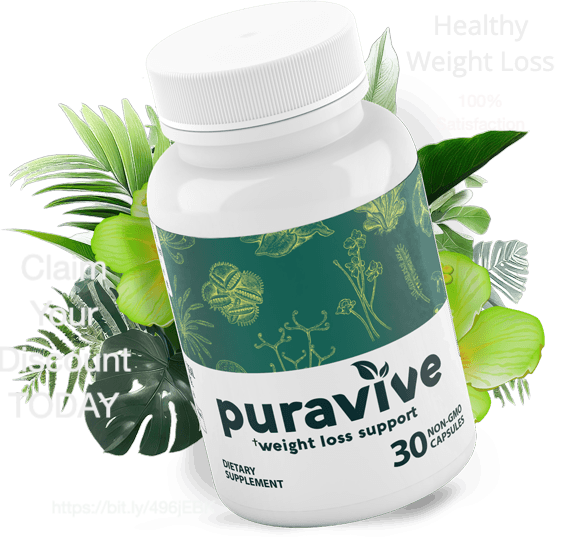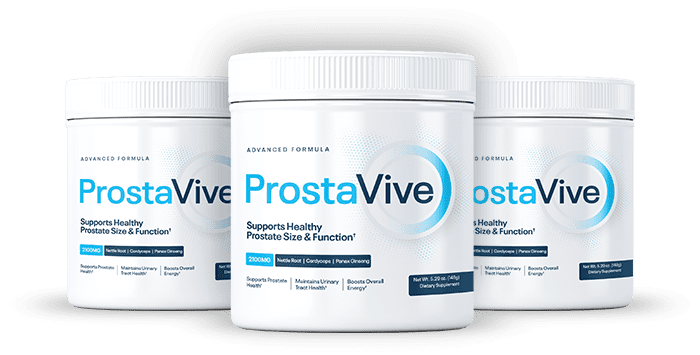Explore new fad diets or wellness trends.

Explore new fad diets or wellness trends.
The Truth About Intermittent Fasting
Have you heard about the latest trend in the wellness world? Intermittent fasting has been gaining popularity as a way to improve health, lose weight, and boost energy levels. But what exactly is intermittent fasting, and is it really as effective as people claim?
Intermittent fasting is not a diet in the traditional sense, but rather an eating pattern that cycles between periods of fasting and eating. There are several different methods of intermittent fasting, but the most common ones involve fasting for 16 hours a day and eating during an 8-hour window, or fasting for 24 hours once or twice a week.
One of the main reasons why intermittent fasting has become so popular is its potential to aid in weight loss. By restricting the time window in which you eat, you may naturally consume fewer calories, leading to weight loss over time. Additionally, fasting has been shown to increase levels of norepinephrine, a hormone that helps to break down fat cells for energy.
But weight loss is not the only benefit of intermittent fasting. Some studies have suggested that intermittent fasting may help to improve insulin sensitivity, reduce inflammation, and even protect against certain chronic diseases. Fasting has also been shown to promote autophagy, a process in which the body cleans out damaged cells and regenerates new ones.
However, intermittent fasting is not without its drawbacks. Some people may find it difficult to stick to a fasting schedule, especially if they have a busy lifestyle or struggle with cravings. Fasting for extended periods of time can also lead to nutrient deficiencies if not done properly, so it’s important to make sure you are still getting all the essential nutrients your body needs.
It’s also worth noting that intermittent fasting may not be suitable for everyone. Pregnant or breastfeeding women, individuals with a history of eating disorders, and those with certain medical conditions should consult with a healthcare provider before trying intermittent fasting.
In conclusion, intermittent fasting can be a powerful tool for improving health and promoting weight loss, but it’s not a one-size-fits-all solution. If you’re considering trying intermittent fasting, start slowly and listen to your body. Pay attention to how you feel during fasting periods and adjust your eating window as needed.
Remember, there is no one-size-fits-all approach to wellness, and what works for one person may not work for another. It’s important to do your research, consult with a healthcare provider, and listen to your body to find the best approach for you. So, if you’re curious about intermittent fasting, give it a try and see how it makes you feel. Who knows, it might just become your new favorite wellness trend!
Pros and Cons of the Keto Diet
Have you heard about the latest fad diet that everyone seems to be talking about? The Keto diet has been gaining popularity in recent years, with many people claiming it has helped them lose weight and improve their overall health. But is this diet really as effective as it’s made out to be? Let’s take a closer look at the pros and cons of the Keto diet to help you decide if it’s the right choice for you.
One of the biggest advantages of the Keto diet is its ability to promote weight loss. By drastically reducing your carbohydrate intake and increasing your consumption of healthy fats, your body enters a state of ketosis, where it burns fat for fuel instead of glucose. This can lead to rapid weight loss, especially in the initial stages of the diet. Many people have reported losing significant amounts of weight in a short period of time on the Keto diet.
In addition to weight loss, the Keto diet has also been shown to have a number of other health benefits. Some studies have suggested that the diet can help improve blood sugar control, reduce inflammation, and even lower the risk of certain chronic diseases. By cutting out processed foods and sugar, you may also experience increased energy levels and improved mental clarity.
However, the Keto diet is not without its drawbacks. One of the biggest challenges of the diet is its restrictive nature. Cutting out carbohydrates can be difficult for many people, especially those who are used to eating a diet high in sugar and processed foods. This can lead to feelings of deprivation and make it difficult to stick to the diet long-term.
Another potential downside of the Keto diet is the risk of nutrient deficiencies. By eliminating certain food groups, such as fruits and whole grains, you may not be getting all the vitamins and minerals your body needs to function properly. It’s important to carefully plan your meals on the Keto diet to ensure you’re getting all the nutrients you need.
Additionally, some people may experience side effects when first starting the Keto diet, such as fatigue, headaches, and digestive issues. These symptoms are often referred to as the “Keto flu” and typically subside after a few days as your body adjusts to the new way of eating. However, they can be unpleasant and make it challenging to stick to the diet in the beginning.
In conclusion, the Keto diet can be an effective way to lose weight and improve your overall health, but it’s not without its challenges. Before starting any new diet, it’s important to consult with a healthcare professional to ensure it’s safe for you. If you decide to give the Keto diet a try, be prepared for the initial adjustment period and make sure you’re getting all the nutrients your body needs. With careful planning and dedication, you may find that the Keto diet is the right choice for you.
Exploring the Benefits of Plant-Based Eating
Are you looking to improve your health and well-being? One popular trend that has been gaining traction in recent years is plant-based eating. This dietary approach focuses on consuming foods that come from plants, such as fruits, vegetables, grains, nuts, and seeds, while minimizing or eliminating animal products.
Plant-based eating is not just a fad diet; it is a lifestyle choice that can have numerous benefits for your health. One of the main advantages of plant-based eating is its potential to lower your risk of chronic diseases, such as heart disease, diabetes, and certain types of cancer. By focusing on whole, plant-based foods, you can reduce your intake of saturated fats, cholesterol, and processed foods, which are all linked to an increased risk of these conditions.
In addition to reducing your risk of chronic diseases, plant-based eating can also help you maintain a healthy weight. Plant-based foods are typically lower in calories and higher in fiber than animal products, which can help you feel full and satisfied while consuming fewer calories. This can make it easier to manage your weight and prevent overeating, leading to better overall health and well-being.
Another benefit of plant-based eating is its positive impact on the environment. Producing plant-based foods requires fewer resources, such as water and land, than raising animals for meat and dairy products. By choosing plant-based options, you can help reduce your carbon footprint and support sustainable food production practices. This can have a significant impact on the health of the planet and future generations.
Plant-based eating can also be a delicious and satisfying way to nourish your body. With a wide variety of fruits, vegetables, grains, nuts, and seeds to choose from, you can create flavorful and nutritious meals that will keep you feeling energized and satisfied throughout the day. Whether you enjoy a hearty salad, a comforting bowl of soup, or a colorful stir-fry, there are endless possibilities for plant-based meals that will delight your taste buds.
If you are interested in exploring plant-based eating, there are many resources available to help you get started. You can find a wealth of recipes, meal plans, and tips online, as well as cookbooks and guides that can help you navigate the world of plant-based eating. You may also consider working with a nutritionist or dietitian who specializes in plant-based nutrition to ensure that you are meeting your nutritional needs and getting the most out of your plant-based diet.
In conclusion, plant-based eating is a beneficial and sustainable dietary approach that can have a positive impact on your health, the environment, and your taste buds. By incorporating more plant-based foods into your diet, you can enjoy a wide range of health benefits, from reducing your risk of chronic diseases to maintaining a healthy weight and supporting the planet. So why not give plant-based eating a try and see how it can improve your overall well-being?





